A Guide to Mountain Rescue England and Wales
If you follow me on any social media (and if not, why not?!) you will have seen that I spent last weekend with a few of my fellow members of Outdoor Bloggers, as we got to grips with some great outdoor products from VARTA. It was a brilliant opportunity to get a close up look at some lighting and portable power goods. We also came away with a healthy goody bag, so you can expect plenty of reviews coming soon.
As well as the product demonstrations, we also had the chance to hear about the work of Mountain Rescue England and Wales (MREW). I didn’t realise until now that VARTA has worked with MREW for the last couple of years, supplying more than 3,500 volunteers with batteries, torches and portable power products. It has also provided an annual cash donation and fund raising support.
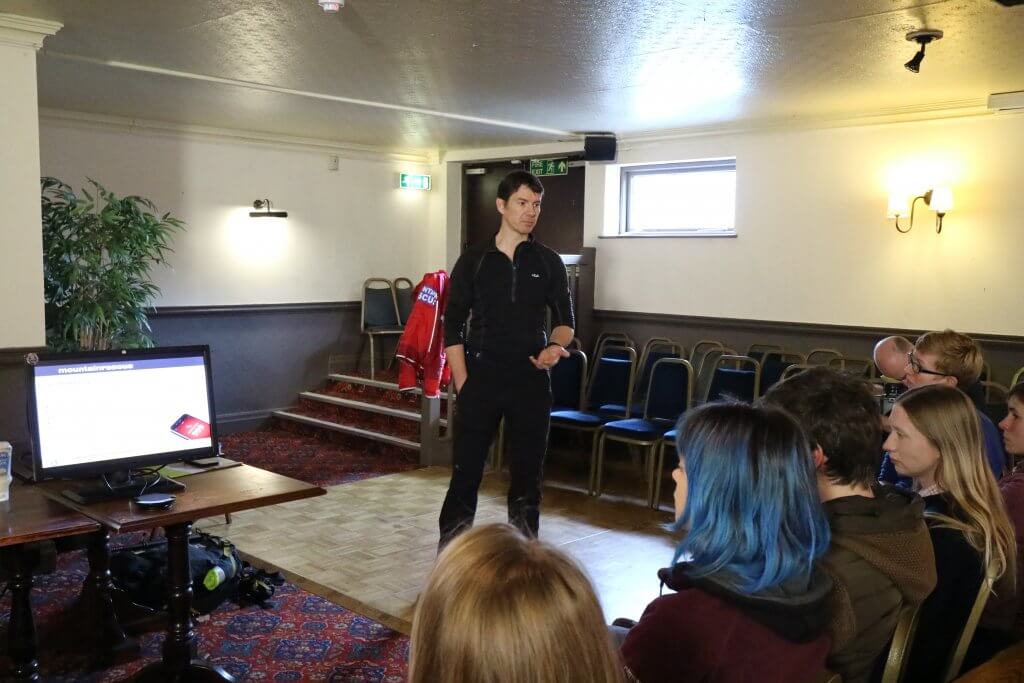
Julian from the Bowland Pennine Mountain Rescue talking to us about their work
I have tried to impart some safety advice from time to time on this blog, but it was good to hear it from the horse’s mouth. I thought that I’d share a little about the work of the Mountain Rescue, plus how to call them if you need to and some precautions to help keep you safe.
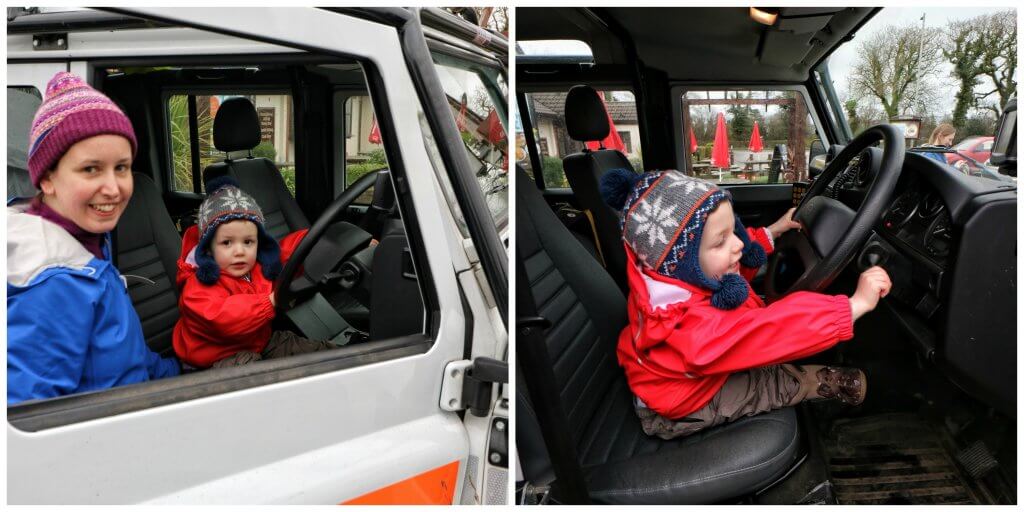
Guess what was Finn’s favourite part of the weekend?
The strapline of MREW is ‘So much more than mountains’ and that is certainly true. As well as rescuing people from hills and mountains, they also help in many other types of call out, including looking for vulnerable missing people (for example those who are suicidal or have dementia), train crashes and animal rescues. They are also called upon in times of natural disaster, such as the catastrophic flooding which has hit Cumbria and Yorkshire in recent years. All of this is so impressive, especially when you consider that it is staffed completely by volunteers, who are on call 24 hours a day, 365 days a year. Furthermore, each team is a charity and must raise their own funds.
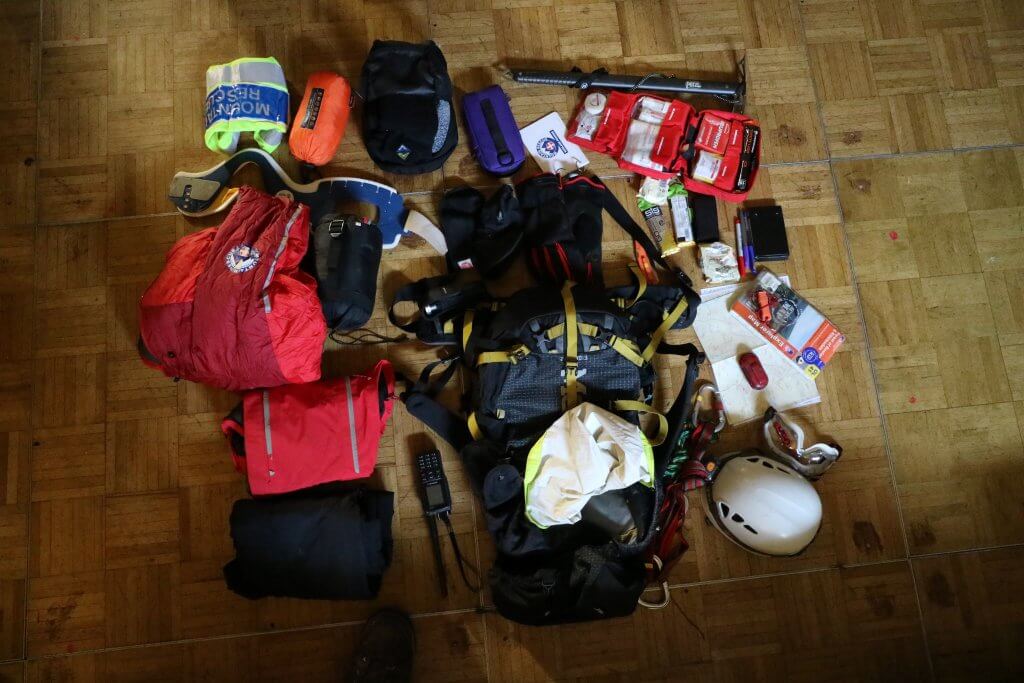
This is how much equipment a MREW volunteer must always have in their rucksack (most is provided at their own cost)
If you find yourself in an emergency situation
If you do ever need to call Mountain Rescue, dial 999 (or 112 from a mobile) and ask for police.
You will need to give:
- your location (with grid reference if possible)
- name, gender and age of casualty
- nature of injuries or situation
- number of people in your party
- your mobile phone number (rescue teams may be able to use your phone to locate you). It is very important that you stay where you are until the mountain rescue team have made contact.
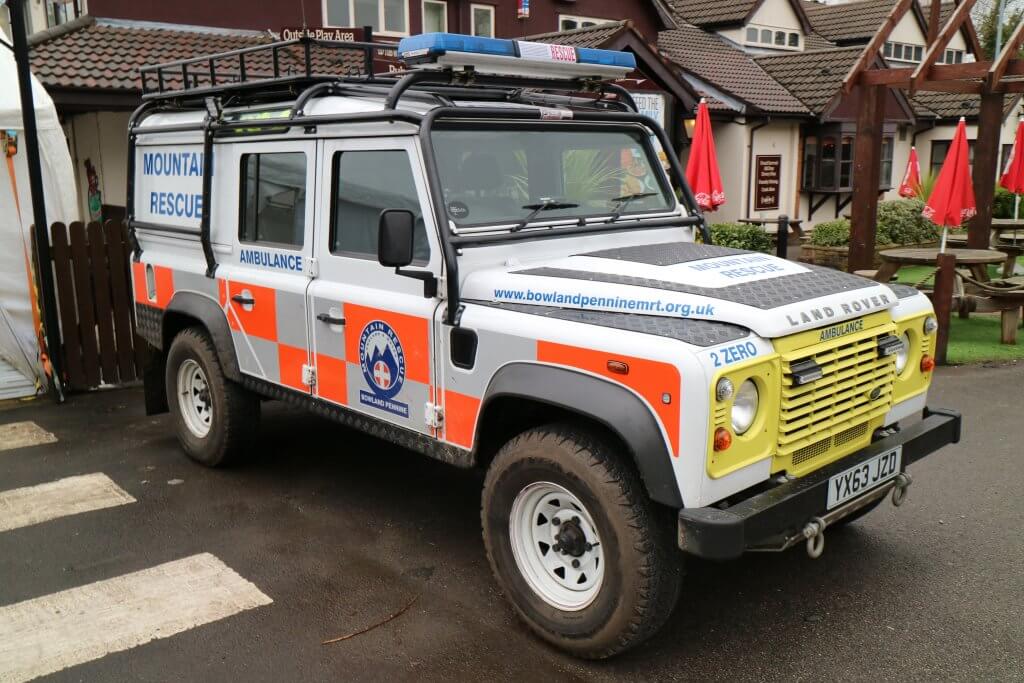
The mountain rescue team have lots of tools at their disposal, most of which have to be funded via donations
How to keep safe
Accidents will happen, and you may still need the Mountain Rescue despite taking all precautions. However, it is always worth following safety advice and being prepared if the worst should happen.
If you’re heading out on the hills, always take a map and compass, a torch and batteries, adequate food and drink and suitable clothing with you. Here are the safety essentials that we take out when we go walking. Also, I alluded to it earlier, but your phone is an important piece of equipment. It is not a substitute for a map and compass, and I’m well aware that technology cannot be relied upon completely, however it could just save your life.
It is worth looking after your phone, it might make all the difference. When you start out, make sure that your battery is at 100%, turn off any apps/settings that you don’t need, also dimming the screen can help prolong battery life. I definitely recommend carrying a powerbank with you. So far I have been very impressed with my VARTA 5200 mAh power bank. When fully charged it can charge a phone twice (or a tablet once). It also works as quickly as plugging your phone into the wall. Needless to say I’m impressed (full review to come) and it will stay in my rucksack from now on.
Before you head off, it may be worth registering with the 999 text service. This has to be done in advance by texting ‘register’ to 999. You must then follow the instructions sent to you. This service, which allows you to text the emergency services, was originally intended for deaf and hard of hearing people, but it is also useful for walkers who may be in areas with poor signal.
Were you aware of the work of Mountain Rescue England and Wales? Hopefully you’ll never need them, but it’s good to know they’re there!
This post contains affiliate links. If you click through and make a purchase, I earn a small commission, there is no extra charge to you.
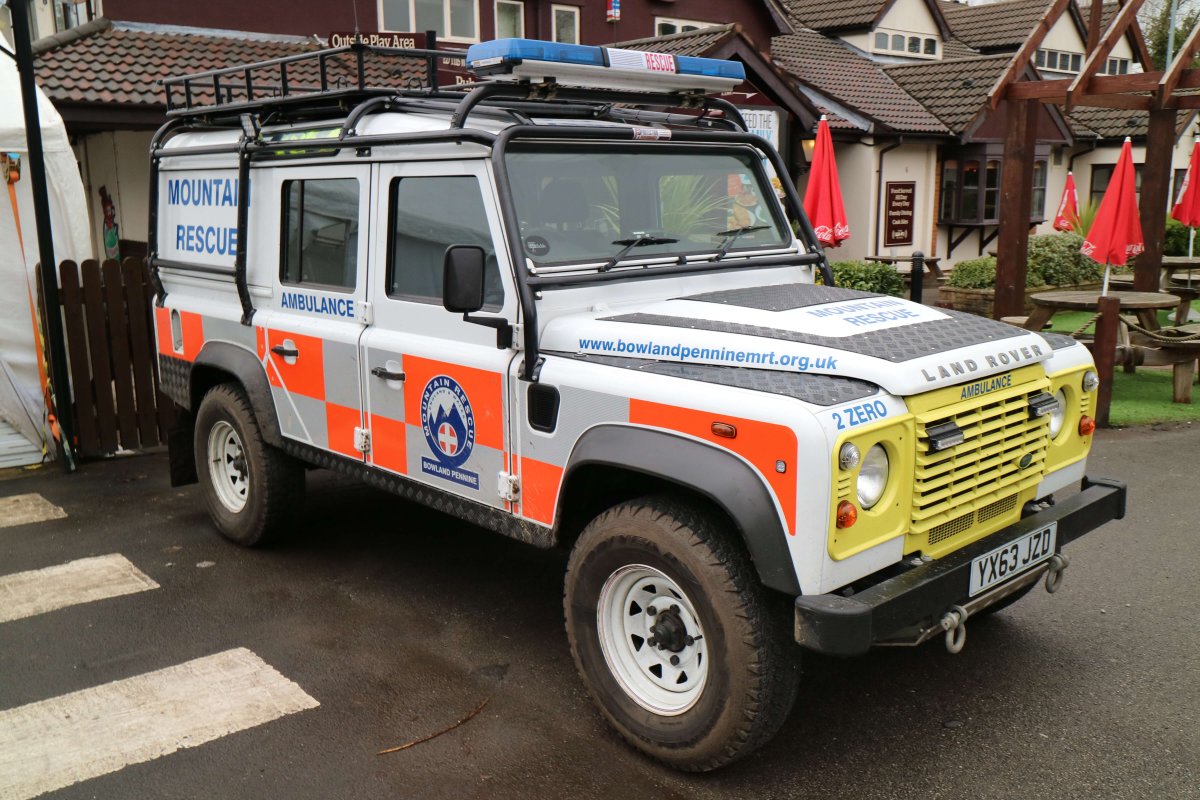
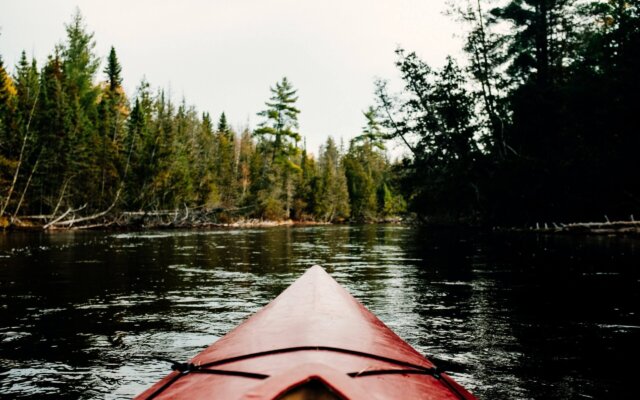
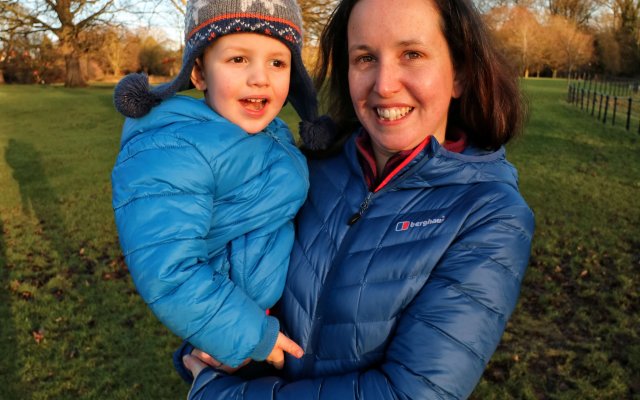
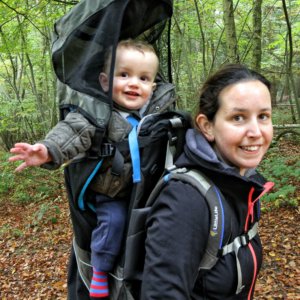
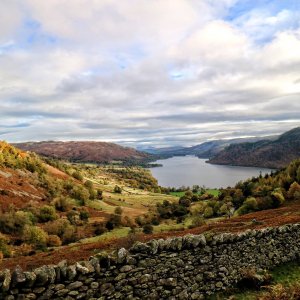
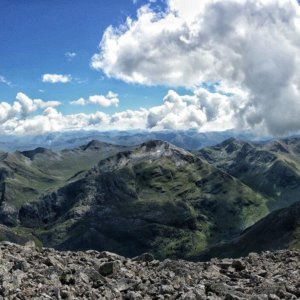
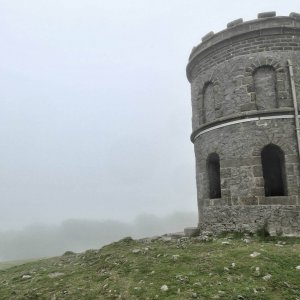
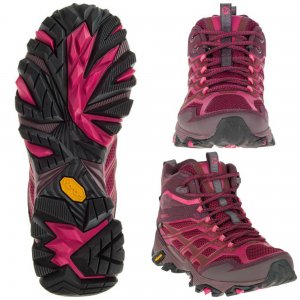

Mountain Rescue do an amazing job. I’m fortunate to have never needed them but it’s reassuring to know they are there in an emergency. I learnt something new from your post too as I hadn’t heard of the 999 text registration before.